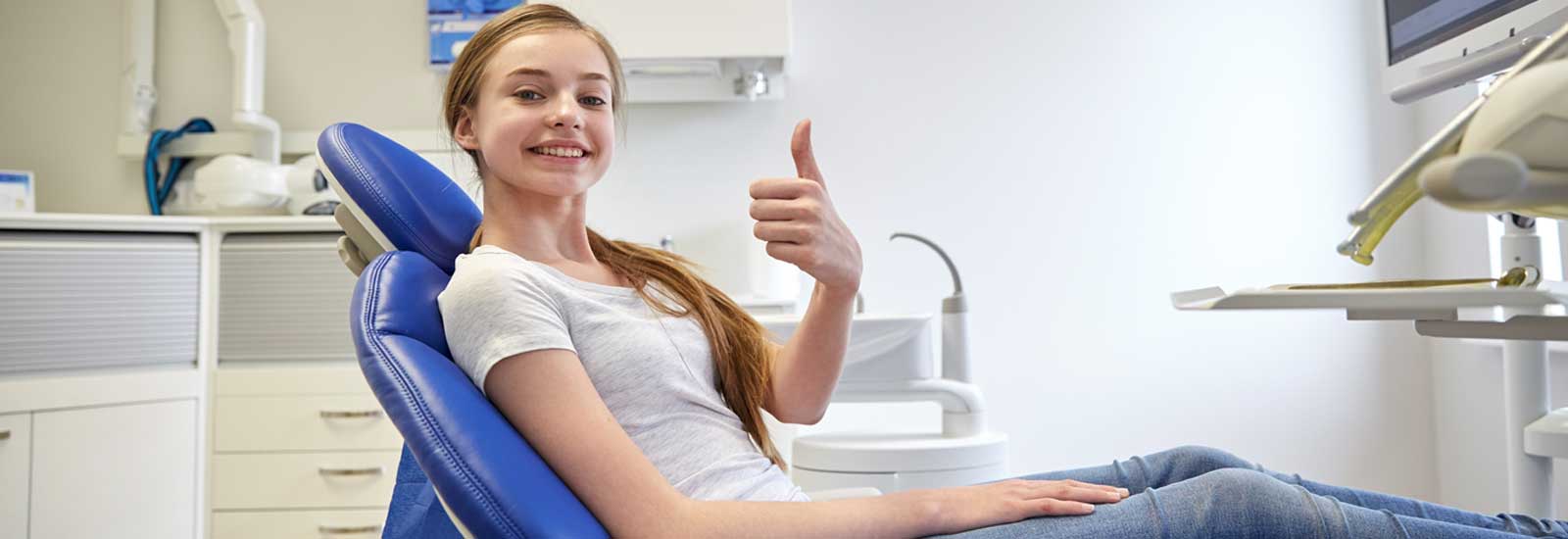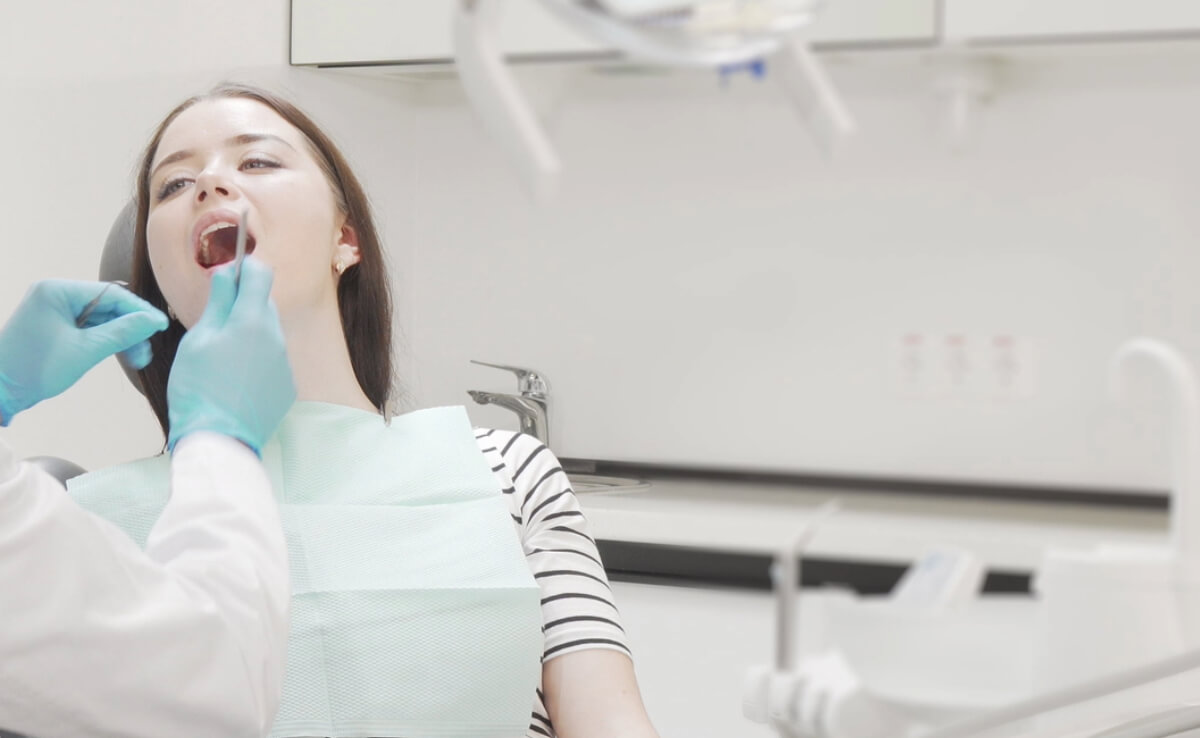Find Urgent Care Immediately for Dental Emergencies
While most of us like to schedule when and where we will take care of our needs, sometimes life happens, and we have little choice but to react to an urgent need. Such is the case for people who experience a dental emergency, either through a traumatic injury or the sudden onset of severe dental pain. Here at The Hope Dental Care Centre, Dr. Alireza Farkhondeh (Dr. Far), and his team are fully prepared to help you get through your dental emergency with the care and expertise you would expect from any of the best dentists in the Kanata, Ontario area.
When Should I Seek Emergency Dental Care?

While having a broken tooth is the most obvious sign of a dental emergency, there are other reasons you should seek emergency dental care. Here are a few common issues that call for urgent treatment.
The loss of a tooth: If your tooth has already fallen out, or if it’s just loose following a traumatic injury, there is a chance to save it, provided you get immediate treatment. We also offer advice for administering first aid that will help preserve your tooth as you await treatment.
Lacerations on your gums: If you’re experiencing a gum bleed that lasts over five minutes, or you’ve received a puncture or cut that’s more than a half-inch long, you might require stitches. Dr. Farkhondeh and his team can assist you.
A chipped tooth: While a chipped tooth may hardly seem like a dental emergency, there are cases where minor tooth damage can leave a jagged edge that can cut your tongue and the inside of your mouth, causing considerable pain. It can even cause further damage to your tooth structure. In such cases, it’s best to seek immediate dental care, as Dr. Farkhondeh and Dr. Wang may be able to save your tooth using a dental crown.
Painful toothache: Toothaches are one of the top reasons people seek emergency dental treatments. Often, they’ve endured the pain off and on for as long as they could. However, toothaches caused by severe infections can be life-threatening. This is why it’s important to seek dental care immediately and not “tough out” a toothache.
Learn More About Emergency Dental Care
To learn more about the emergency dental care services we offer, please call (343) 803-6333 to schedule your visit with Dr. Far.




